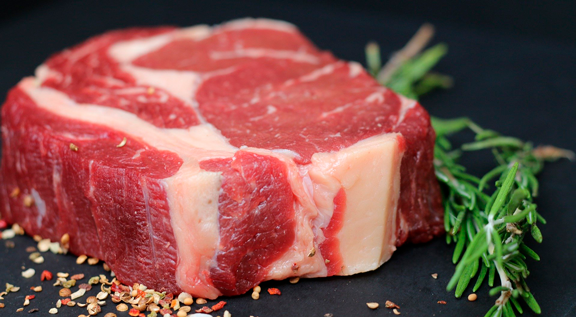
Image: Pixabay
Agriculture Minister Carlos Fávaro said that China lifted the embargo imposed on Brazilian beef at the beginning of March. Sales had been interrupted after the detection of an atypical case of mad cow in Pará, in February. Exams carried out ruled out risks to the herd.
The Chinese Embassy in Brazil has not yet officially confirmed the resumption of purchases. There has also been, to date, no position on the part of the Brazilian government.
{module Form RD}
Exports had been suspended by Brazil itself due to this isolated case, due to a bilateral agreement signed between the country and China when health problems are detected. However, it is up to the Chinese to decide whether to maintain the suspension or resume purchases.
For the SAFRAS & Mercado analyst and consultant, the news is very important for the sector and should bring great movement to the market from today onwards. “The futures market should rise well this Thursday. In the physical market, slaughterhouses will return to chasing China-standard cattle, with a movement in the purchase of cattle from industries, which should increase the price of cattle in São Paulo, Minas Gerais, Mato Grosso do Sul, Mato Grosso and other states ”, he signals.
Iglesias points out that the exporting slaughterhouse, which has full stocks of beef, will try to ship this stored product to China first. “So it should take around 20 days for the slaughterhouses to be able to normalize their slaughter schedules, for slaughter to resume within what was previously occurring”, he states.
The trend, according to the analyst, is that the cattle market may work with an upward bias in arroba prices over the next 20 days, until the shipment shipping situation reaches normality again.
Source: Crops & Market












